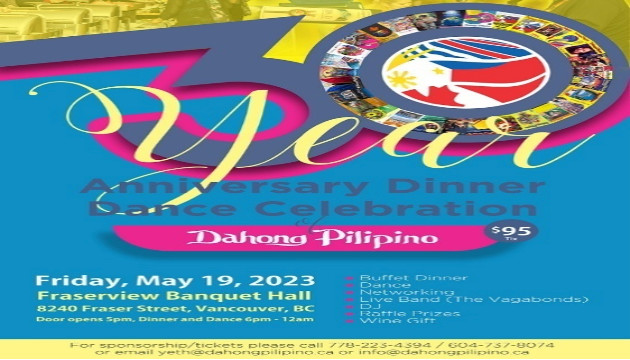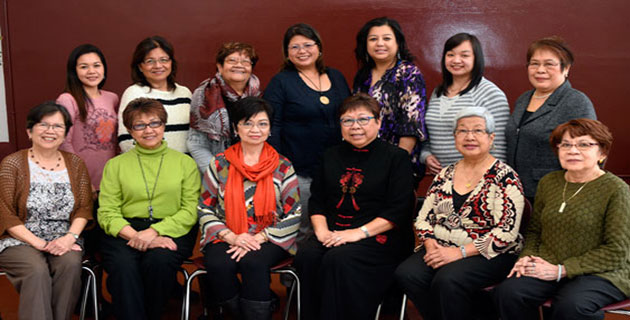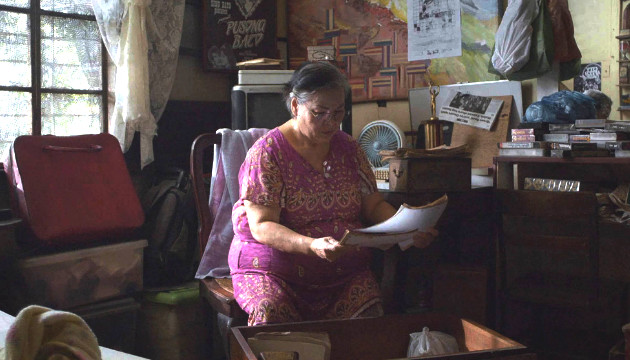Without tins of the luncheon meat Spam, many Filipino pantries are considered not up to scratch.
The appetite for Spam follows Filipinos all over the world, including in Canada, where children of immigrant families grow up with a taste for the canned product.
Nikki Celis, a writer and multimedia creator based in Calgary, Alberta, swears by his love for Spam, and other Filipino canned favourites like corned beef and Vienna sausages.
‘Spam’ is the title of a non-fiction piece he wrote for the FreeFall Magazine, the oldest literary magazine in the city, and which earned him a nomination at the 2018 Alberta Magazines Conference and Awards.
Celis, a second generation Canadian Filipino in his 20s, was nominated in the Emerging Writer category at the March 8-9 event.
In ‘Spam’, Celis reflects on his childhood experience as well as how the Hormel Foods Corporation product found its way to Filipino dining and culture.
‘Spam’ is a classic from Celis, who uses the written word, photography and videography to explore the notion of being a product of diaspora, and the sense of disconnect felt by many Asian Canadians about the dominant or mainstream culture and that of their own heritage.
“Many like me feel so removed from this notion of belonging, of having a place, that we feel like we’re forever transient and never whole,” Celis related to Canadian Filipino Net.
While he was not awarded for the piece, Celis considers it a “pleasure to be seated among some of Alberta’s most established writers, editors, and publishers”.
“To be able to be considered for an award is more than I could have hoped for as it does show that there are people interested in what I have to say as a Filipino and Asian-Canadian,” he noted.
Celis also said that his nomination “shows there is room and opportunity to have a South-East Asian voice within the Canadian literary consciousness”.
“With ‘Spam’—for those who choose to read it—I hope that it provides a starting point for young Filipinos to look inside ourselves and to explore an identity that we so easily choose to throw away,” Celis said. “If it isn’t something to look up to, I would hope that it would at least spur many Filipinos like me to do remarkable things, because many of us sometimes fail to realize that they can do it, too.”
In that spirit, Canadian Filipino Net is sharing a full serving of ‘Spam’ here:
http://albertamagazines.com/wp-content/uploads/gravity_forms/20-c7045755c7baaf3077556d6e4927ac99/12/2017/Celis_Prose.pdf
Here are a few bites:
From what I can recall of my childhood, small vague memories that are hard to piece together, I can distinctly remember the heavy, dense salt-infused musk of SPAM as it’s left to fry in its own gelatinous mystery-liquid.
In the pan, too, are eggs, fried on both sides until the whites are non-existent. We’re in one of my childhood homes in Abbeydale, Calgary. My mother is young in this memory. Only traces of white hair can be seen among the coal, curly strands on her head. She’s in this minuscule kitchen, by this equally small muddled-yellow stove, tending to the cooking while sweet Filipino (also Hawaiian) dinner rolls, pandesal, are left to bake in the toaster oven. Dad is only home in the evenings—an electrician at the time, though he often dabbled in other things away from the privy of mom.
Each slice sizzles until both sides are red and crisp. The eggs, cooked thoroughly, show no signs of leakage. With a fork, mom places a slice of SPAM and a fried egg in an open-faced pandesal, toasted and browned, and then moves it unto a large plate. I’m salivating, withholding my intense desire to grab them with my tiny sausage fingers and eat the whole plate surreptitiously.
“Ka-in na,” she says, smiling. “Let’s eat.” And I do so willingly.
When we have SPAM or canned food—my mother still, but sparingly, stocks her pantry with canned products such as corned beef, Vienna sausages (yum), sardines, and the like—we bear no prejudices of how these items tie with class and socioeconomic status. Food is food. And, in some ways, food is home.













